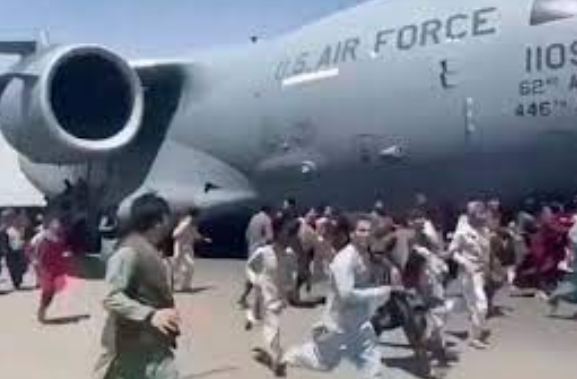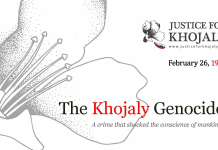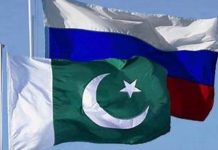ISLAMABAD, SEPT 3 /DNA/ – The war torn Afghanistan needs attention of the global community to play their role to avert humanitarian crises, and help people stabilize, recure livelihood and food and come out of extreme poverty, said the experts from diverse backgrounds while speaking at the webinar ‘Humanitarian Situation in Afghanistan Post US Evacuation’ organized by Sustainable Development Policy Institute (SDPI).
The humanitarian institutions are warning against influx of the would-be Afghan refugees if their needs are not met within the country and circumstances force them to flee. Ms Tammi Sharpe, Deputy Representative UNHCR Pakistan, highlighted that currently, there are 1.4 million Afghans refugees in Pakistan and the number goes up to 3 million if we include unregistered refugees. Pakistan has been very generous in accepting the Afghan refugees. She said the situation related to displacement of the population continues to change and UNHCR is closely observing it to take right measures. It depends on how Taliban will act; will they be able to maintain peace and ensure protection of human rights of common people? She said that UNHCR is concerned about human right violations and thus, we need to see what is actually happening in the country in the post US withdrawal scenario.
Senior Journalist and analyst Mr Zahid Hussain was of the view that people are focusing on what the Taliban will do, but we need to focus on Afghanistan in the context of alarming poverty and displacement of people. He said that the western countries should open their borders for these refugees. He emphasized that financial aid to Afghanistan must be continued as the people of Afghanistan will suffer otherwise. Almost 70% of the population of the country is living below the poverty line and about 90% people live under 2 dollars per day. Therefore, if the international community pushes further without addressing the real issue, the situation will get worse and eventually will lead to another war.
Dr Abid Qaiyum Suleri, Executive Director, SDPI, earlier stressed that instead of seeing the situation through the lens of just emotions, we need to analyse ground realities as well to understand the real picture of Afghanistan today. “No study has been even done on the situation of COVID-19 in Afghanistan and the situation of food security is also does not seem to be under any focused discussion,” he said adding that all these questions are critical to ascertain what has to be done to help people of Afghanistan.
The Parliamentary Secretary for Foreign Affairs, Ms Andleeb Abbas, was of the view that peaceful takeover by Taliban by averting civil war has been a positive thing in Afghanistan. However, since the international community is still at the back foot, the economic situation may get worse and that must be avoided. She said that Pakistan has extended all assistance to aid providing authorities because the fate of both countries is tied together. This can be an opportunity to rebuild Afghanistan if international community does not shy away from its responsibilities.
Senior Analyst, Brig (r) Mahmood Shah, highlighted that Afghanistan is a multi-ethnic country, and all these ethnicities should be included in the government. Taliban have already shown willingness to respect human rights, particularly women rights, which provide much needed optimism about the future stability of the country. However, measures should be taken to stop brain drain from Afghanistan.












